Cities of Learning is a project that aims to engage, connect and empower young people to learning, civic engagement, and careers. In July, more than 100 young people, youth workers, educators, policy and decisionmakers of the forum created 20 policy recommendations that they believe are vital and must be addressed in the next 10 years. Photographer Bennet Rietdorf made a photo coverage of the day.
All these policy recommendations of Cities of Learning fall under five priority topics:
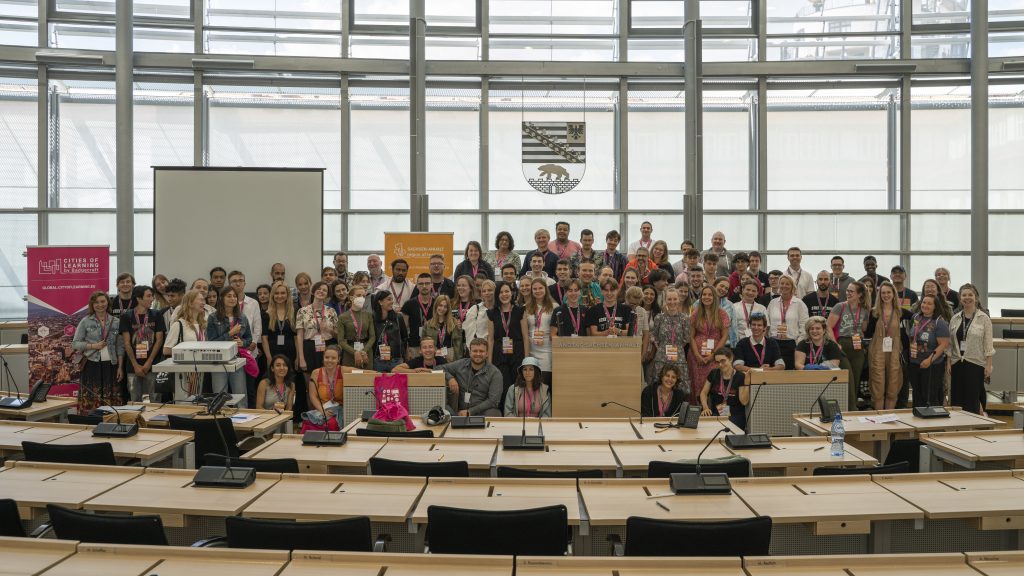
These are the Cities of Learning Policy Recommendations. You can also find the document with recommendations in this pdf or read all about it on the website of Cities of Learning.
“These recommendations are numbered for the purpose of reference only and not because of any one being more important than another. We believe all our recommendations are equally important and some should even be viewed collectively.”
“These recommendations should be viewed holistically.
A.1 Schools should have at least one day of non-formal learning every month, delivered by professionals, young people or other individuals with experience in the field.
A.2 Stakeholders in formal education settings (including senior leaders, teachers, lecturers, parents, volunteers and others) should be better informed of the benefits of non-formal learning and should be connected with role models and professionals in the field.
A.3 Support and ensure more research is carried out on the impact, benefits and purpose of non-formal learning so they can be explained to stakeholders (including employers, parents, teachers, volunteers, lecturers and others) in order to promote it.
A.4 Local governments should facilitate and provide the resources for collaboration between NGOs, schools and other partners, creating a stronger and more holistic network where countries are able to work from the same baseline.”
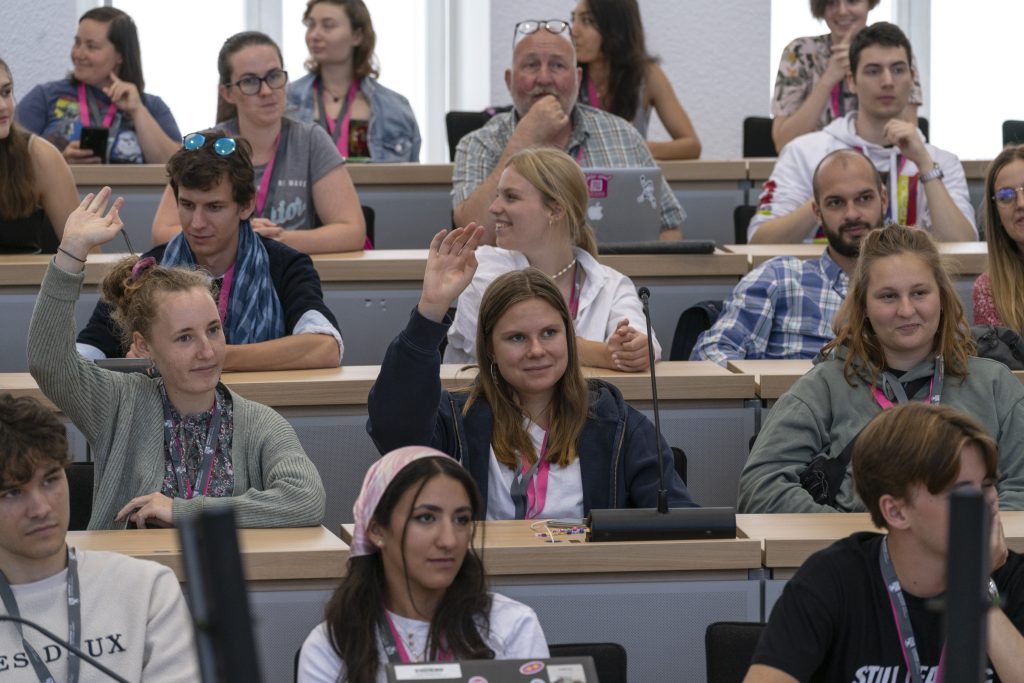
“*DEMANDS NOT RECOMMENDATIONS
B.1 Ensure people are better informed about the benefits of sustainable lifestyles, empowering them to be advocates, custodians and campaigners for the planet. B.2 Businesses must be required to publish accurate, standardised data about pollution they produce in an accessible format and this process must be regulated independently. People should be empowered to put pressure on them based on the data.
B.3 Ensure young people are better informed on the issues so they can have an active role in shaping decisions about issues that affect their futures. This should include topics such as; circular economy, public awareness, extraction of resources, consumer practices and transport.
B.4 Governments should immediately take action on practical and solvable things including implementing policies and practice such as:
“C.1 Create more specific opportunities for participation of excluded young people (inclusive events, activities, language learning for inclusion, increased mobility to gain essential life experiences).
C.2 Local and regional governments should provide the resources to enable safe spaces, projects and activities for community cohesion and cultural exchanges that are available, relevant and engaging for their communities.
C.3 Formal education settings should actively facilitate a safe place to discuss LGBTQIA+ topics, including providing staff with appropriate training that allows young people the freedom to express themselves.
C.4 Create accessible and inclusive spaces and events accessible for all young people with disabilities by providing access support such as Personal Assistants, suitable physical infrastructure, sign language interpreters and Braille.
C.5 Governments should immediately provide the resources to enable specific opportunities for the integration of young refugees and immigrants to ensure they feel part of the community.”
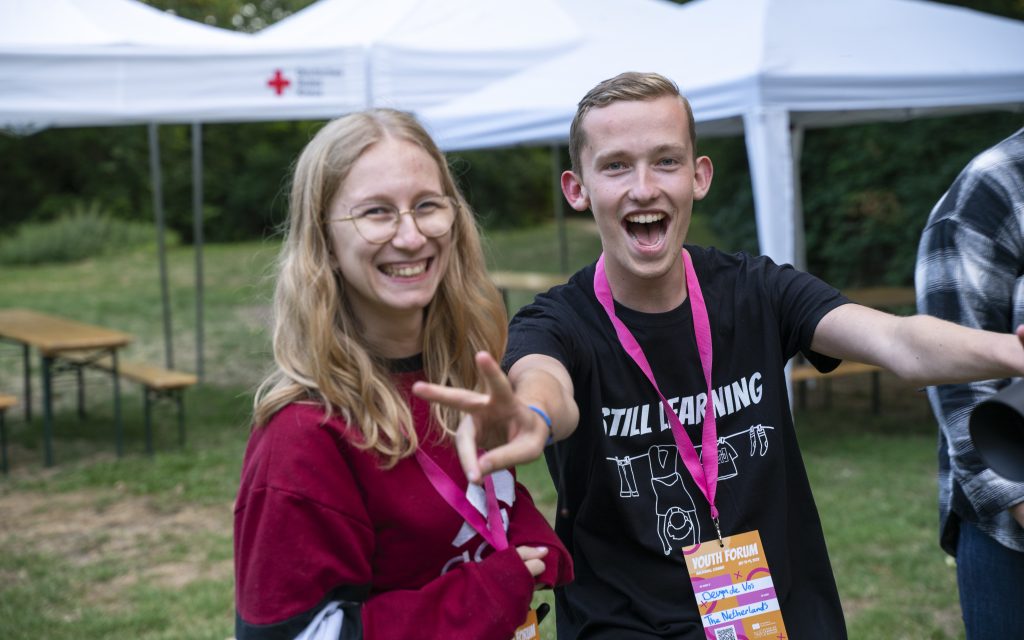
“These recommendations should be viewed holistically.
D.1 Considering and acting on young people’s opinions and interests must be a legal requirement for governments at local, regional, national and international levels. There must also be a mechanism to challenge decisions with clear timeframes and processes.
D.2 Campaigns and involvement opportunities should be designed to be engaging and appealing to young people, reaching them through the channels and locations they use and should promote political engagement.
D.3 Governments should ensure advisory youth councils and parliaments are established at local, national and international levels and provide a meaningful and impactful, creative and age appropriate democratic opportunity.
D.4 Governments at local, national and international levels should secure sustainable funding to ensure young people have the opportunity for participation projects and being part of a youth council or parliament.”
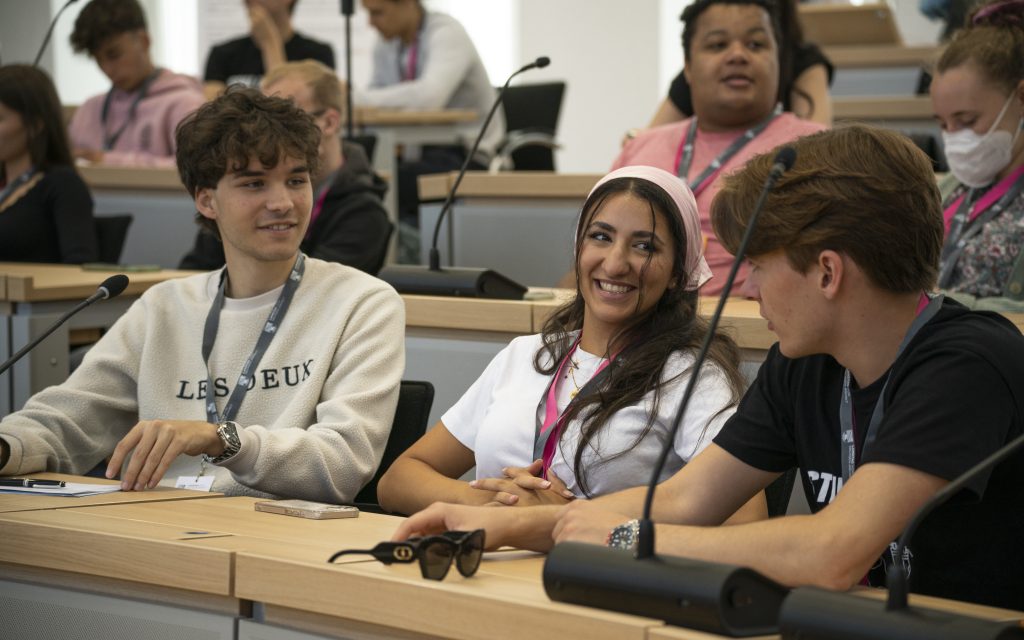
“E.1 The government should provide funds for schools to integrate the mental health and
healthy lifestyle practices in formal education by developing:
E.2 The government should develop proper recourse mechanisms for free mental health services including:
E.3 The government should recognise the importance of mental health and its visibility. They should do this by:
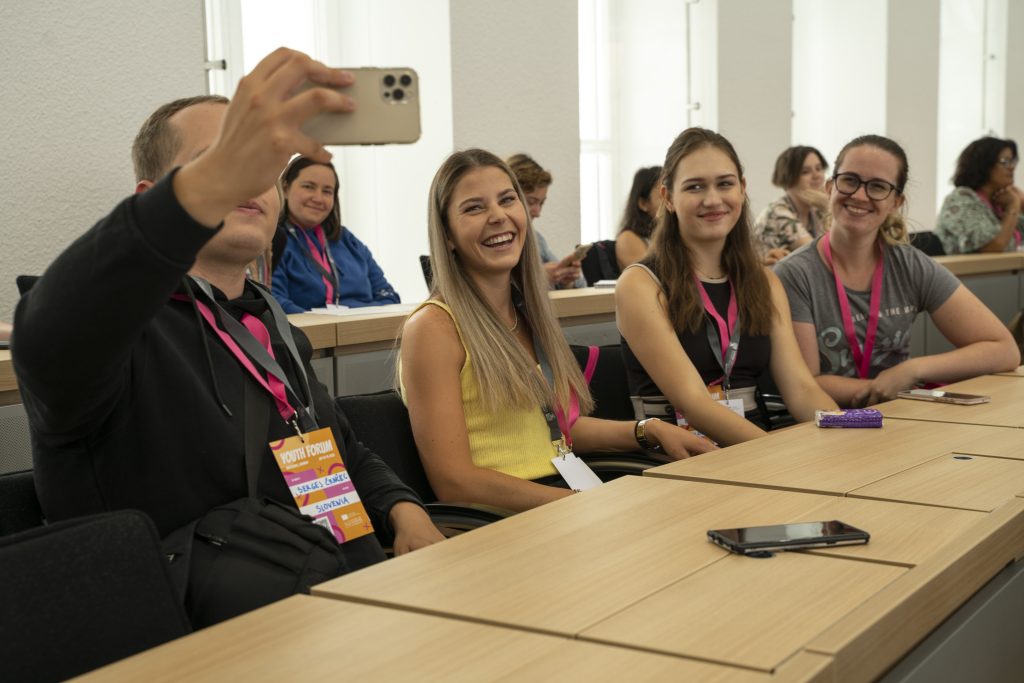
Cities of Learning is an online platform where young people can find learning opportunities. You can browse an interactive map of an area or look up events and learning opportunities based on your interests.
Find more about Cities of Learning here: